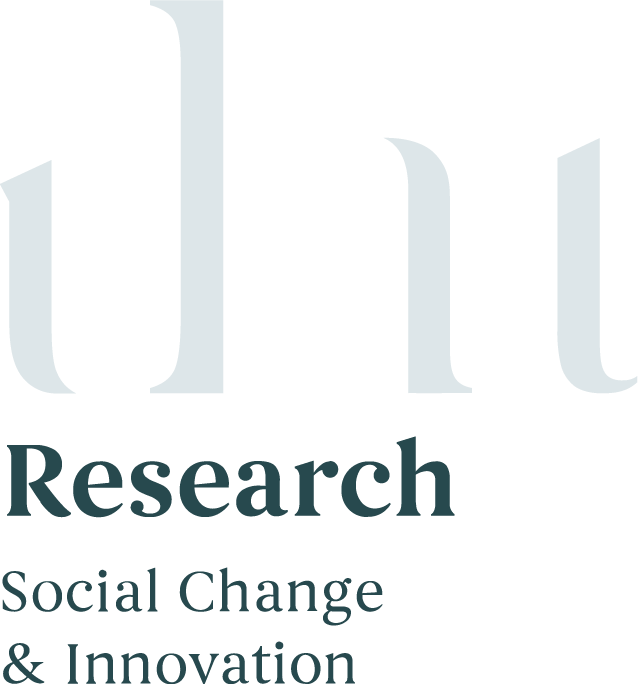Baseline evaluation of Mokopuna Ora February 2021 for Te Pūtahitanga o Te Waipounamu
Project Background
Mokopuna Ora activities aim to provide outcomes for whānau through targeted investment. Mokopuna Ora activities align to the Whānau Ora Pou, the central foundation for measuring progress and achievement of specific Whānau Ora outcomes. The approach focusses on the 0-5-year age group, supporting whānau to build their own capability to positively parent tamariki.
Te Pūtahitanga o Te Waipounamu sought to realise two important objectives through this funding partnership, they partnered with seven providers across Te Waipounamu to achieve the outcomes sought by Mokopuna Ora through a Whānau Ora approach. Rather than dictating the activities providers should undertake in order to achieve these outcomes, contracting has encouraged providers to develop their own localised approaches. The involvement of whānau in the design of these approaches is a feature of programme design.
What we did
This evaluation sought to answer three research questions:
1. How are the activities across initiatives meeting contract intentions and outcomes?
2. What have the Mokopuna Ora champions learnt over the past year?
3. What opportunities are there for continuous improvement, including possible resource development?
The evaluation process included reviewing the contractual documents to understand what the initiatives had been commissioned to achieve. The initiatives have been collecting and reporting data throughout the length of the funding. The evaluation team reviewed the monitoring information for each initiative. Two evaluators interviewed key participants from the seven Mokopuna Ora providers over a period of eight-weeks. As data collection took place over December/January there was a mix of face-to-face, Zoom and phone interviews. Nine provider participants were interviewed and two Te Pūtahitanga o Te Waipounamu staff members.
Outcome
Interventions are driven by shared vision and values associated with Whānau Ora philosophy and a whānau-centred approach. They reflect whanaungatanga in practice, quality relationships built on foundations of trust and respect at all levels (between whānau and providers/kaimahi/support workers/clinicians – between integrated services within the provider and out to other community and health-based organisations). They are strengths-based, focussing on the strengths of the whānau and community as a collective to support individual (mokopuna, tamariki, mātua, tāua/pōua) and whānau wellness, acknowledging the effectiveness of a Whānau Ora approach.
Local solutions are developed through a network of expertise (cultural, clinical, whānau, community and organisational) to determine the solutions that are appropriate for local whānau and the community. Solutions are grounded in a clear evidence-based model of practice or theory of improvement emanating from whānau voice. Providers are connected to local rūnanga or iwi enabling expression of localised mana motuhake for the care of their future generations. A whānau network of expertise, participates in purposeful co-design, and there are structured opportunities for whānau feedback.
“We were able to redesign and refocus on what the community said that they wanted and we've had some pretty considerable success.”
- Kaimahi
Find out how we can help you
We’ll work with you to find out what’s working, where investment could be put to best use or how to improve anything not going to plan. We can help you define success and set tangible, measurable goals. And we talk in real language so you can understand and engage with the findings. We engage with the community to conduct community research and consultations for private companies, trusts, government agencies, NGOs and more. But we have a special interest in research that has a purpose - to better society and teach lessons. We aim to help those we work with build capacity to enact positive change.




